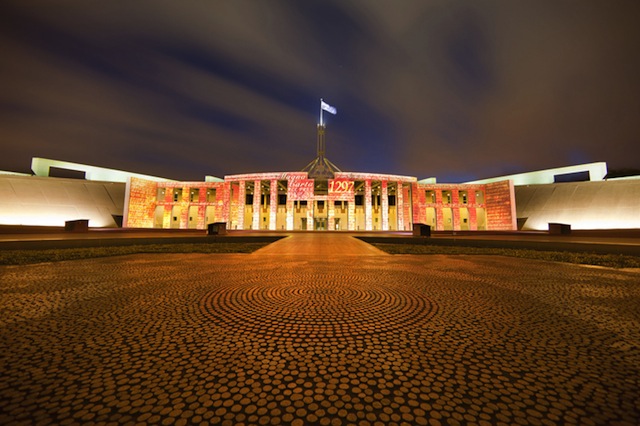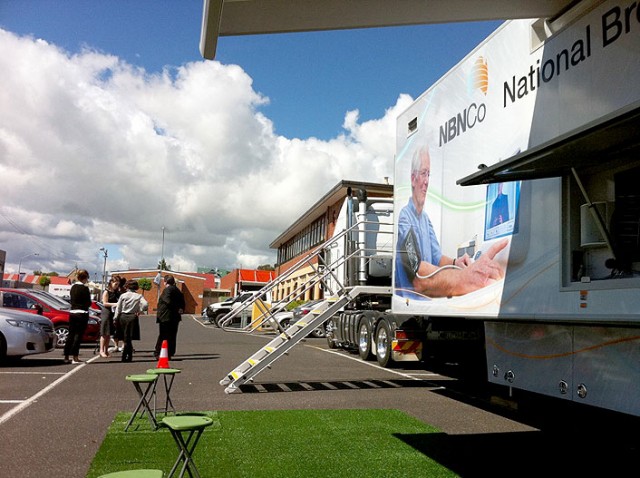One of the baffling things in reporting the Australian tech and business scene is how the National Broadband Network project manages to get such bad press.
Part of the answer is in this story about Google Fiber sparking a startup scene in Kansas City.
Marguerite Reardon’s story for CNet is terrific – it covers the tech and looks at the human angles with some great anecdotes about some of the individuals using Google Fiber to build Kansas City’s startup community.
This is the story that should have been written in Australia about the National Broadband Network.
I’ve tried.
Failing to tell the story
Earlier this year I travelled to Tasmania to speak to the businesses using the NBN and came back empty handed.
In Melbourne, I finally made it to the Hungry Birds Cafe – vaunted by the government as the first cafe connected to the NBN – to find they do a delicious bacon roll and offer fast WiFi to customers but the owners don’t have a website and do nothing on the net that they couldn’t do with a 56k modem.
I’ve found the same thing when I’ve tried to find businesses connected to the NBN – nil, nothing, nada, nyet. The closest story you’ll find to Cnet’s article are a handful of lame-arsed stories like this Seven Sunrise segment which talks about families sending videos to each other, something which strengthens the critic’s arguments that high speed broadband is just a toy.
Businesses need not apply
This failure to articulate the real business benefits of high speed broadband after four years of rolling out the project is a symptom of a project that has gone off the rails.
It’s not surprising that businesses aren’t connecting to the new network as NBNCo and its resellers have continued the grand Australian tradition of ripping off small businesses. Fellow tech blogger Renai LeMay has quite rightly lambasted the overpriced business fibre broadband plans.
Even when small business want to connect, they find it’s difficult to do. The Public House blog describes how a country pub was told the cost of a business NBN account be so high, the sales consultant would be embarrassed to reveal the price.
“The cost for exactly the same connection (and exactly the same useage) is so much higher for a business that you wouldn’t be interested.”
The whole point of the National Broadband Network is to modernise Australia’s telecommunications infrastructure and give regional areas the same opportunities as well connected inner city suburbs.
Failing objectives
If businesses can’t connect, or find it too expensive, then the project is failing those objectives. So it’s no surprise that NBNCo’s communications team can’t tell a story like Kansas City’s because there are no stories to tell.
Apologists for the poor performance of NBNCo say it’s a huge project and we’re only in the early stages. In fact we’re now four years into a ten year project and we still aren’t hearing stories like those from Kansas City.
Telling the story should be the easy part for those charged with building the National Broadband Network, that they fail in this should mean it’s no surprise they are struggling with the really hard work of building the thing.
Similar posts:





